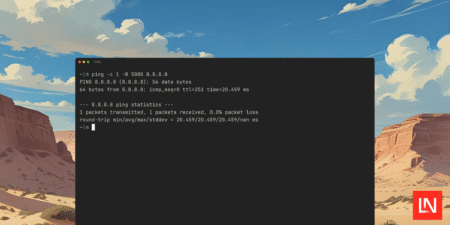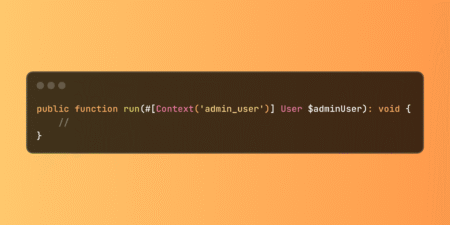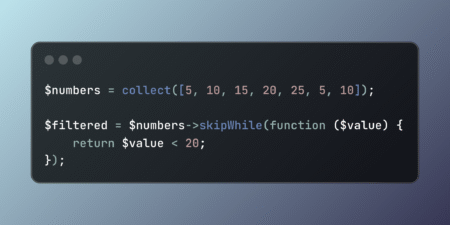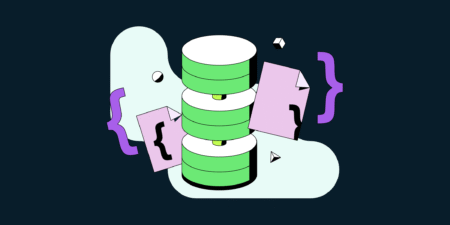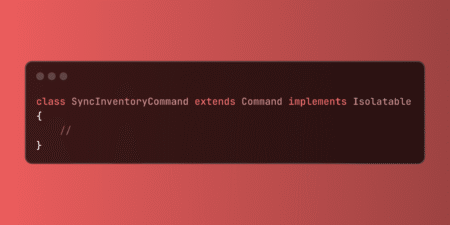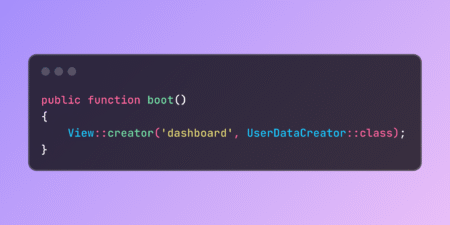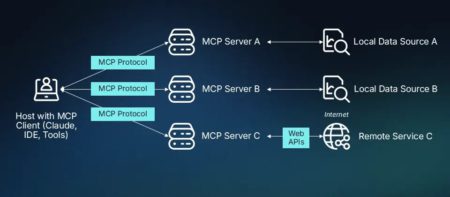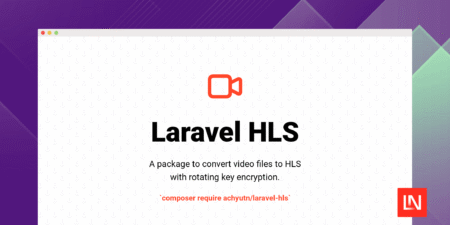The spatie/ping PHP package provides a simple way to execute Internet Control Message Protocol (ICMP) ping commands and parse the…
Libraries & Frameworks
Laravel’s Context system enables clean data sharing between database seeders through the Context facade and attribute-based injection. Eliminates redundant queries…
The blog discusses how AI is leveling up the QA outsourcing industry by enhancing efficiency, improving code quality, and reducing costs. You will learn how to choose the right AI-driven QA partner and see how intelligent testing strategies can help you stay competitive in the digital age.
The post Lead with Intelligence: Rethink QA Outsourcing for the AI Age first appeared on TestingXperts.
Artificial Intelligence (AI) continues to revolutionize industries, driving unprecedented productivity and efficiency. One of its most transformative effects is on the field of automation testing, where AI tools are helping QA teams write test scripts, identify bugs, and optimize test coverage faster than ever. Among today’s standout AI tools are GitHub Copilot vs Microsoft Copilot.
The post GitHub Copilot vs Microsoft Copilot: What’s the Real Difference? appeared first on Codoid.
Laravel’s skipWhile method conditionally skips collection items until a callback returns false, then preserves all remaining items. Perfect for threshold…
In this tutorial, we will deploy a simple Laravel application on the Laravel cloud and connect with MongoDB Atlas. The…
The Laravel team has released some sweet updates to Inertia.js v2 and the Laravel adapter, introducing new features, an improved…
Tinkerwell v5 adds an MCP server, inline AI code completion, AI chat, a refreshed UI and much more! The post…
Laravel’s Isolatable interface prevents concurrent command execution by implementing automatic locking mechanisms. Essential for data processing, backups, and system maintenance…
Symfony AI is a set of components that integrate AI capabilities into PHP applications. While these packages are still considered…
Useful Laravel links to read/watch for this week of July 17, 2025. Source: Read MoreÂ
Laravel View Creators execute immediately after view instantiation, enabling early data preparation before rendering begins. Perfect for setting up foundational…
A Laravel Filament package that provides QR Code field functionality for your web applications. The post Add QR Code field…
In today’s high-velocity software development world, test automation has become the lifeblood of continuous integration and delivery. However, as testing needs grow more complex, automation tools must evolve to keep pace. One of the most promising innovations in this space is the Model Context Protocol (MCP), a powerful concept that decouples test logic from browser
The post Open Source MCP: Powering Scalable Test Automation appeared first on Codoid.
AI-Driven Development Insiders Launch: 500 Seats. 24 Hours. 50% Off The post AI-Driven Development Insiders Launch: 500 Seats. 24 Hours.…
The blog discusses how scriptless automation streamlines test creation using visual, no-code tools ideal for fast, UI-focused testing. While accessible and quick to implement, it struggles with complex logic, backend testing, and large-scale maintainability. Careful evaluation is essential before adoption.
The post The Hidden Trade-Offs of Scriptless Automation Are You Sacrificing Strategy for Speed? first appeared on TestingXperts.
Laravel’s toUri() method converts strings to URI objects supporting fluent query parameter addition and modification. Streamline URL processing from text…
Laravel HLS is a package for generating HTTP Live Streaming (HLS) playlists and segments with AES-128 encryption. Convert your Eloquent…
In the dynamic world of software development, the roles of Quality Assurance (QA) and Quality Engineering (QE) have become increasingly significant. Although often used interchangeably, QA and QE represent two distinct philosophies and approaches to ensuring software quality. Understanding the difference between QA vs QE isn’t just a matter of semantics; it’s a strategic necessity
The post QA vs QE: Understanding the Evolving Roles appeared first on Codoid.
The Laravel Claude Code Setup repo is a one-command setup for AI-powered Laravel development with Claude Code and MCP servers.…
